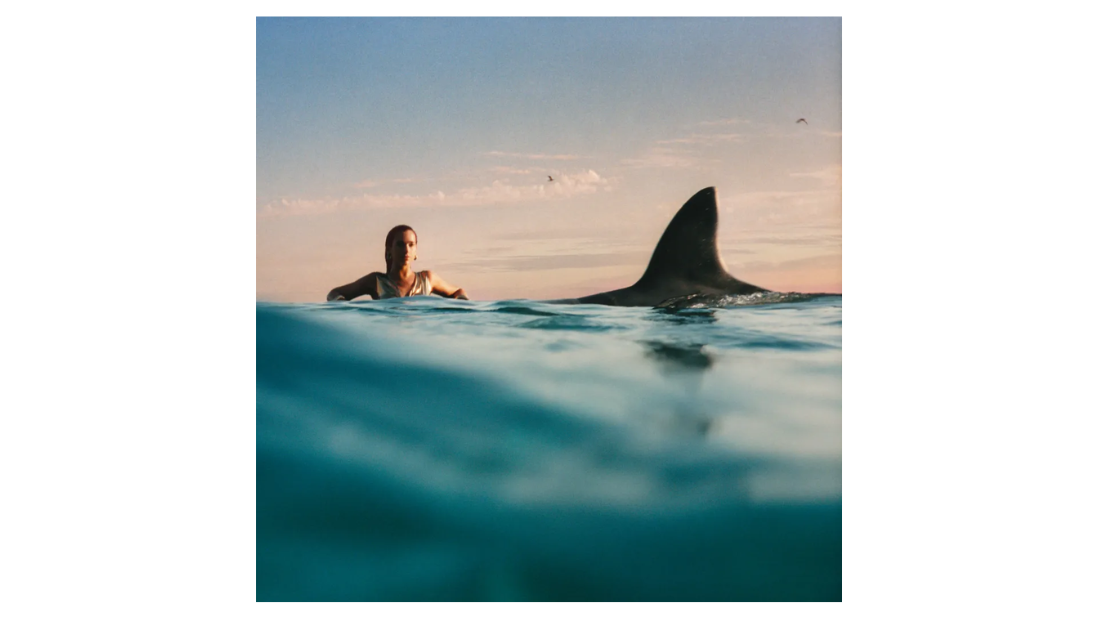
Review: Dua Lipa’s Radical Optimism
Dua Lipa
Radical Optimism
Warner
Continuing to be a prolific figure in the world of music, fashion, and popular culture, Dua Lipa returns with her third album, Radical Optimism. The new record sees the UK artist honing her trademark dancefloor-ready style, but with some new sounds dappled throughout.
Despite its ominous title, the opening track, End of an Era, kindly bops along with bubbly, electric piano, complemented by smooth vocals. While it has a slightly lounge vibe, its irresistible foot-tapping groove is bound to lift one off the sofa. It sets the stage for the album’s two lead singles: the thumping Thriller-inspired beats of Houdini and the tension-filled disco rave-up, Training Season.
These Walls, bolstered by a perfectly crafted chorus, make for a down-to-earth anthem. By this point, the influence of co-producer Kevin Parker becomes apparent; the dramatic chord changes and fascinating bass lines found throughout the album can only be the work of one person.
In all the excitement of pounding, floor-filling beats, everyone eventually needs to step back for a moment, and French Exit provides a welcoming moment of fresh air. Bright acoustic guitar and gushing string sounds, along with a French accent spoken word section, bring visions of Bridget Bardot on a Paris street in the 1960s.
Illusion marks a return to the floor fillers; a hyped-up Jamiroquai-inspired track, hinting the fun has only just begun. The galloping drums provide backing for Dua Lipa’s soaring sustained notes on Falling Forever, which charges the album to an emotional climax, with the raw rasp in her voice crying ‘how long?’ belting desperation through the speakers.
After what could be considered the intense D&M moment of the album, the mood shifts with a slightly suspicious amount of laughter for the intro of Anything For Love—a tender piano ballad turned funky, synthy stomp, all in less than two and a half minutes.
Maria functions almost as a calm musical response to Illusion: the near-omnipresent danceable beat of the album, accompanied by acoustic guitar and flute, would sound at home in a medieval village.
Bird noises and relaxed synths keep the vibe going for the start of the final track, Happy For You, and a sense of peace comes across as the dramatic syncopation fades out and the birds return for a farewell.
While maybe not the ‘psychedelic pop’ as advertised, Dua Lipa has still worked a wider range of sounds into her new release, proving the artistic depth in her pop sensibilities. In a genre that can come across as generic, Dua Lipa has successfully infiltrated the charts with her own style and personality.
AJ MAHAR
